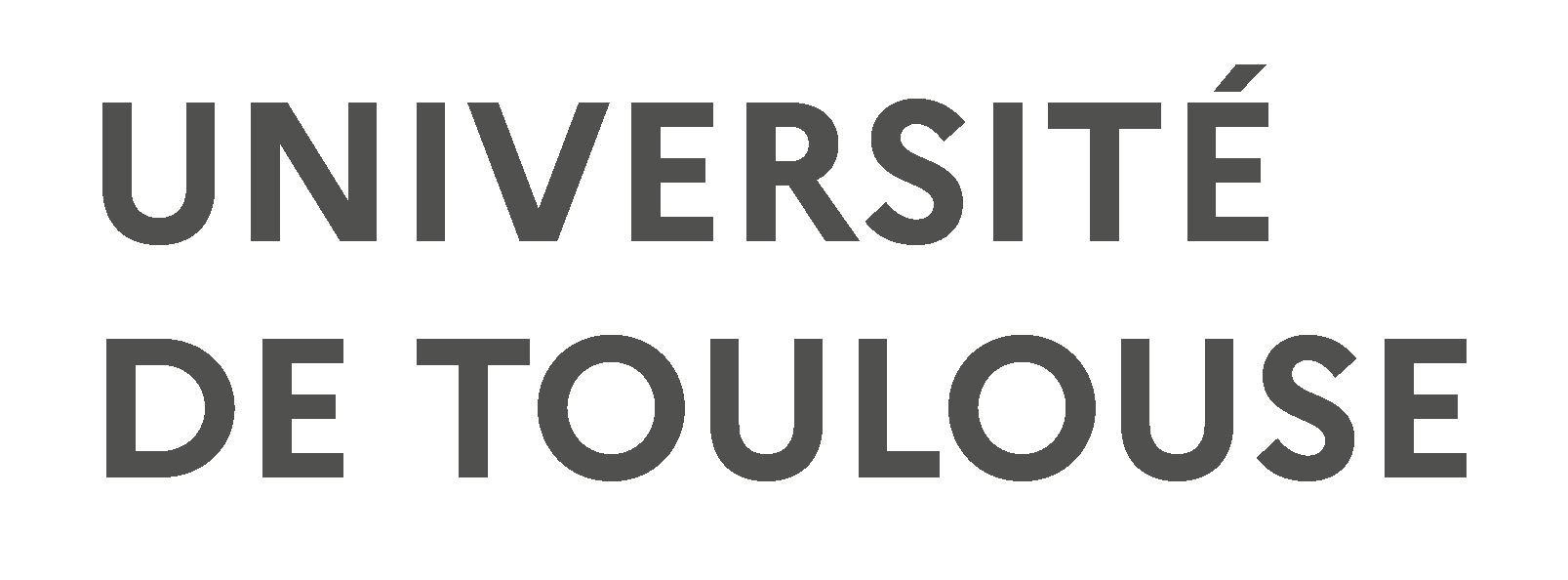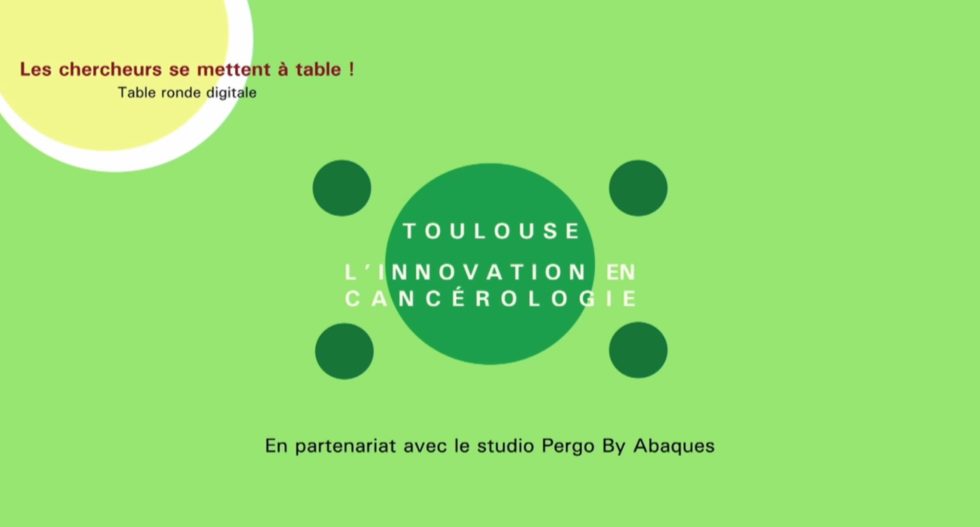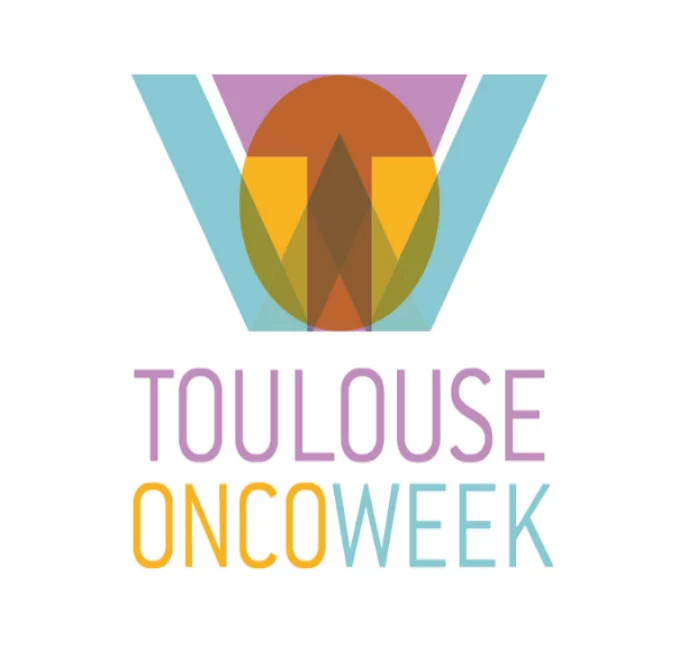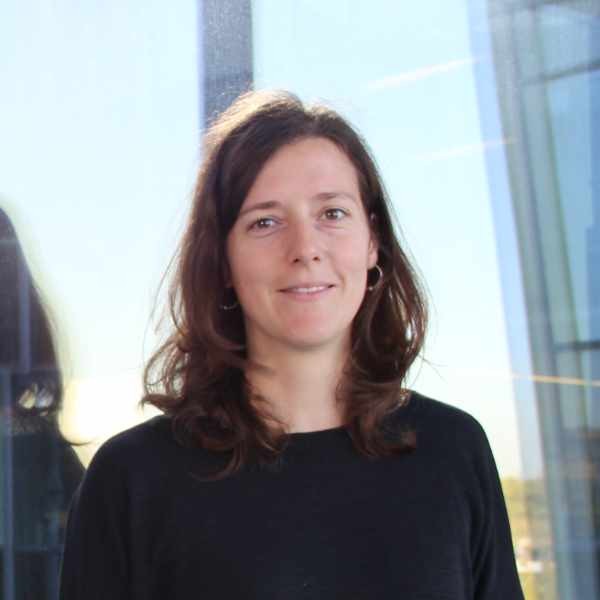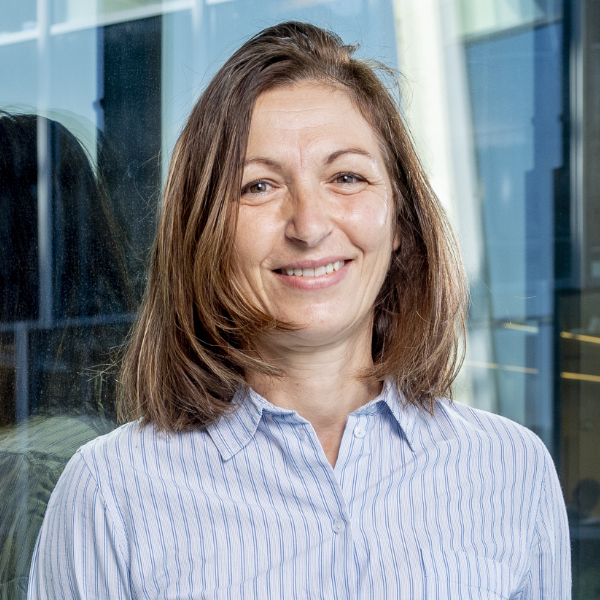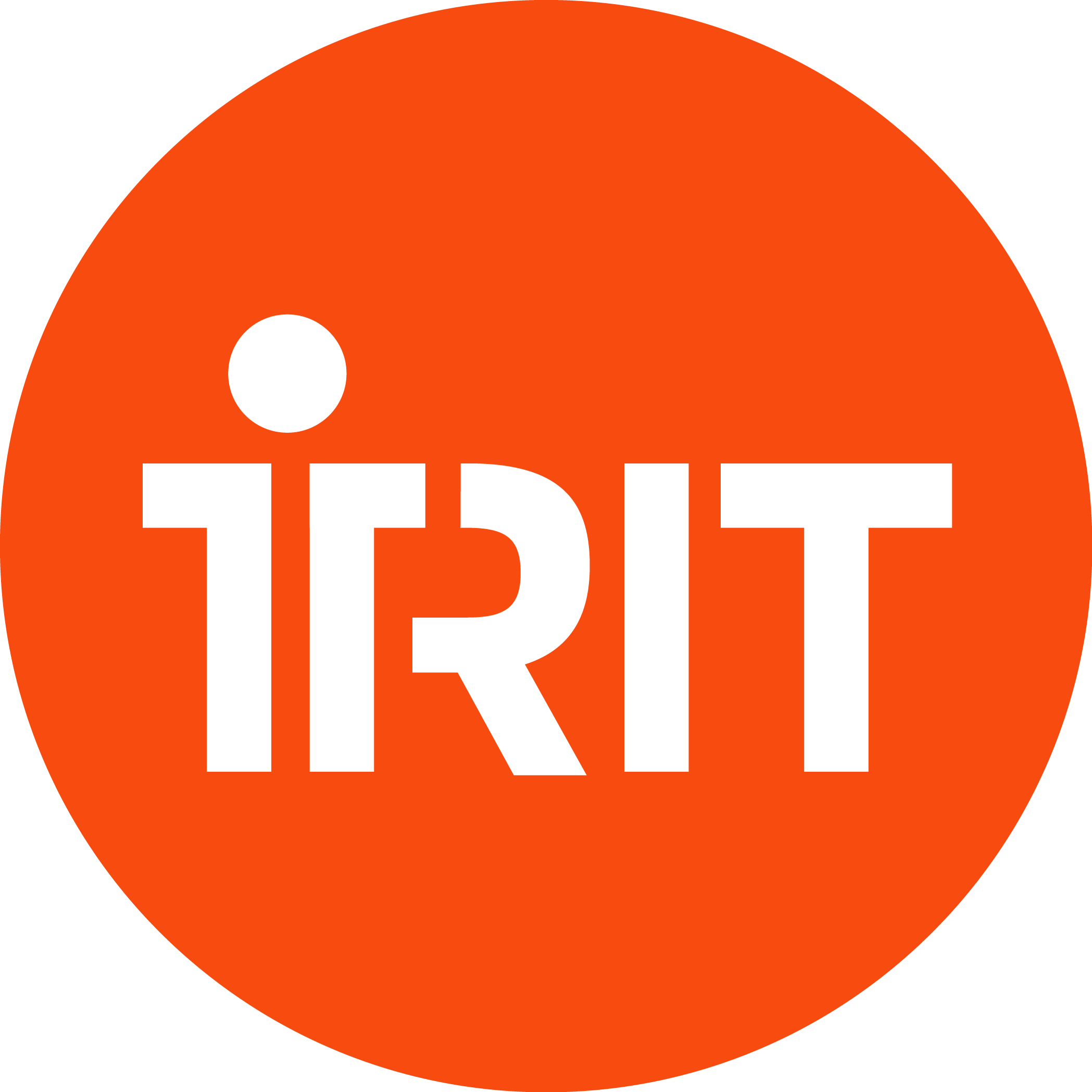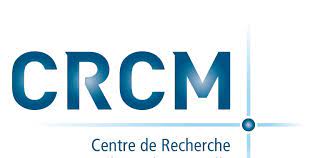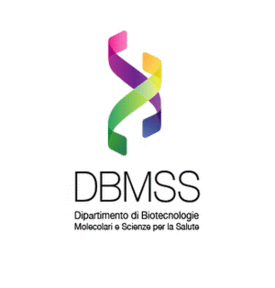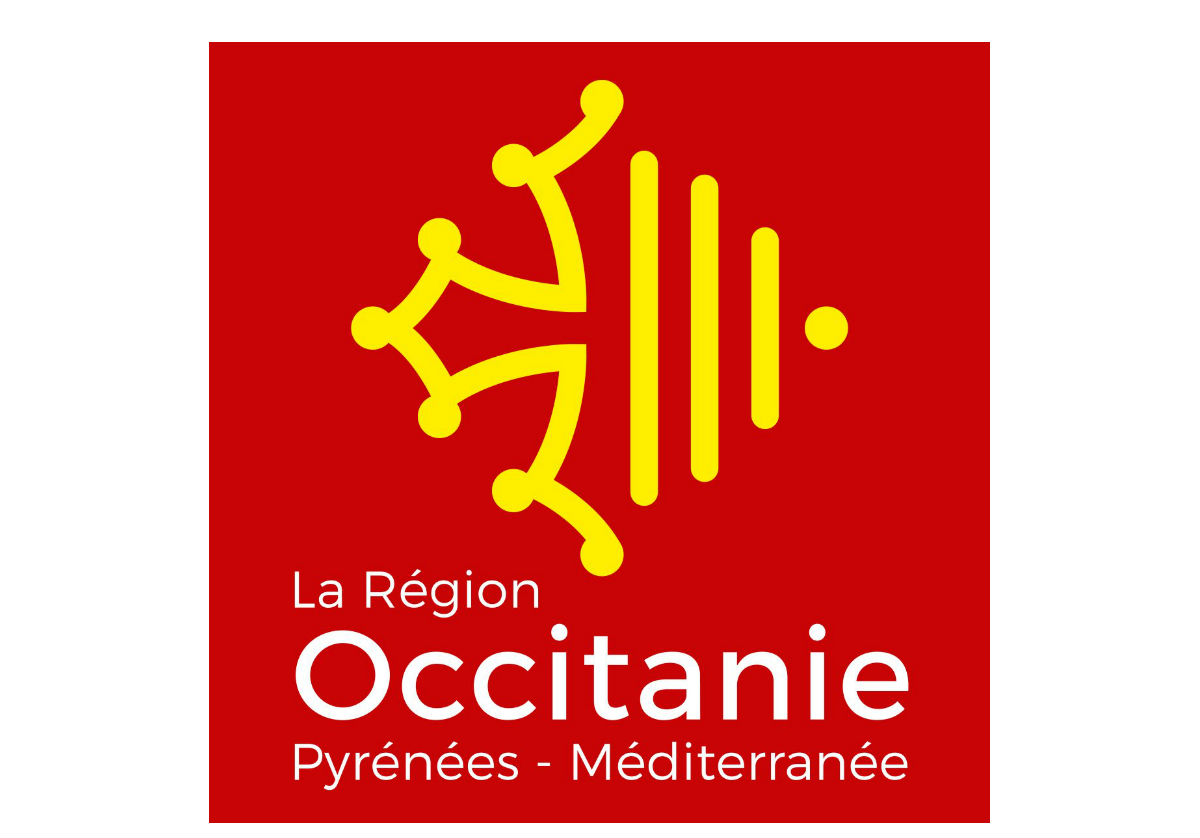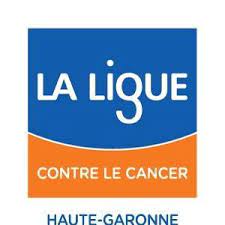Team
Julie Guillermet-Guibert
SigDYN :
Integrated cellular signalling and PI3K isoforms


the specifities
of our research axis
The team directed by J Guillermet-Guibert studies the family of lipid kinases known as phosphoinositide 3-kinases (PI3Ks) from different angles. This family of enzymes is involved in major cellular functions such as cell survival, proliferation, growth, migration, differentiation but also protein synthesis and intracellular vesicular trafficking. In vertebrates, the PI3K family is divided into three different classes. This classification is based on their structure, mode of activation and lipid substrate specificity in vitro and in vivo. These enzymes, encoded by 8 different genes, all phosphorylate the hydroxyl group in position 3 of the inositol ring of phosphoinositides, hence their name.
Only class I (composed of PI3Kα, PI3Kβ, PI3Kγ, PI3Kδ) can convert phosphatidylinositol (4,5)-bisphosphate [PtdIns-4,5-P2, PtdIns (4,5) P2, PIP2] to phosphatidylinositol (3,4,5)-trisphosphate [PtdIns-3,4,5-P3, PtdIns (3,4,5) P3, PIP3]. The substrate of class I enzymes is mainly located at the cell membrane. Thus, activation of class I PI3Ks produces a lipid second messenger at the plasma membrane at the interface with the cytoplasm, which allows the transmission of biochemical information into the cytoplasm and leads to a cellular response.
Class II (PI3KC2α, PI3KC2β, PI3KC2γ) and class III (VPS34) PI3Ks can generate phosphatidylinositol 3-phosphate [PtdIns-3-P, PtdIns (3) P, PI-3-P]. Class II PI3Ks can also synthesise phosphatidylinositol (3,4)-bisphosphate [PtdIns-3, 4-P2, PtdIns (3,4) P2]. The substrates of these enzymes are present in the outer membranes of organelles within the cell, at the level of endosomes, autophagosomes. Thus, class II and III PI3Ks control intracellular vesicular trafficking.
The high activation of class I PI3Ks is considered to be a characteristic of cancer; however, the role of each class I PI3K in the different stages of carcinogenesis is poorly understood. This research is carried out by our team.
The roles of class II and III PI3Ks in cancer are poorly studied. We have undertaken to understand them.
We mostly apply our research to solid cancers such as pancreatic cancer to better understand, earlier diagnose and treat this deadly disease. We also work on ovarian cancers and collaborate with teams working on liquid cancers.
Oncogenic signalling
PI3K
Targeted therapies
résistance
Tumour niche
Cancer initiation
Mechanobiology
compression
Genetically modified mice
Tumour imaging
Pancreatic cancer
Ovarian cancer
RESEARCH PROJECTS
Better diagnosis and treatment with targeted therapies.
Dr C.Basset
Importance of PI3K isoforms in pathophysiology
Dr B.Thibault
Importance of PI3K isoforms as major integrators of mechanotransduction.
Dr M.Delarue and Dr M.Di-Luoffo
THE TEAM’S
FOCUS
Discover
Understand
Participate
En live
Maria Chaouki successfully presented her work at the SFH (société française d'hématologie) congress in Paris! She demonstrated the importance of limiting the dose of PI3K delta inhibitors to maintain efficacy and reduce toxicity in lymphoma.
SCIENTIFIC PRODUCTIONS
PUBLICATIONS 2025
PUBLICATIONS 2024
PUBLICATIONS 2023
PUBLICATIONS 2022
PUBLICATIONS 2021
PUBLICATIONS 2020
PUBLICATIONS 2019
team members
PARTERNSHIPS & FUNDING

Centre de Recherches en Cancérologie de Toulouse (Oncopole)
Toulouse – FR
CRCT-Oncopole Follow 1,434 1,202
Compte officiel du Centre de Recherches en Cancérologie de Toulouse
Prize for the best communication at the French Association for Pancreatic Cancer Research (AFRCP) day for @BousquetVaysse team at @crctoncopole
➡️
Nous contacter
05 82 74 15 75
Envie de rejoindre
L’équipe du CRCT ?


